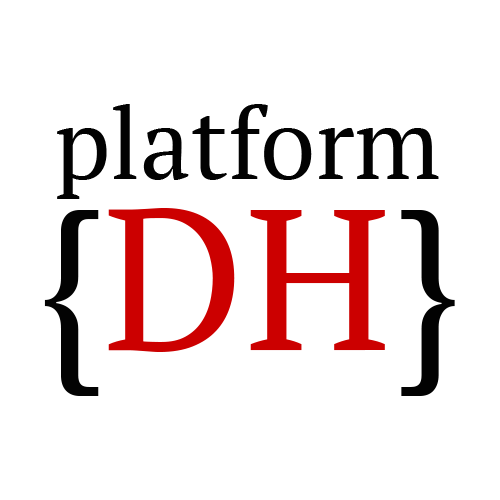Digital Scholarly Editing and Textual Criticism
Hof van Liere Prinsstraat 13, Antwerpen, BelgiumThe production of digital critical editions is a crucial issue for anyone working on texts written in pre-modern times, philologists, historians, philosophers etc. Yet, there are many different practices, and concepts behind the digital representation of a critical apparatus are difficult to grasp. Besides, there are still very little tools supporting the creation and processing of digital critical editions. The workshop includes talks and presentations by philologists and DH specialists introducing and discussing the very nature of critical editions as well as the digital representation of a critical apparatus. Furthermore, the state-of-the-art in terms of automatic collation tools and methods for processing and publishing digital critical editions will be assessed.








